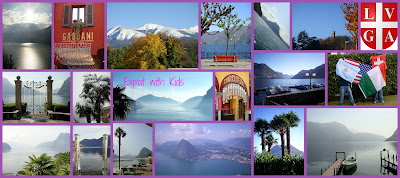Languages, with their complex implications for identity, communication, social integration, education and development, are of strategic importance for people and planet. Yet, due to globalization processes, they are increasingly under threat, or disappearing altogether. When languages fade, so does the world's rich tapestry of cultural diversity. Opportunities, traditions, memory, unique modes of thinking and expression — valuable resources for ensuring a better future — are also lost.
At least 43% of the estimated 6000 languages spoken in the world are endangered. Only a few hundred languages have genuinely been given a place in education systems and the public domain, and less than a hundred are used in the digital world.
International Mother Language Day has been observed every year since February 2000 to promote linguistic and cultural diversity and multilingualism.
Every two weeks a language disappears taking with it an entire cultural and intellectual heritage. Globally 40 per cent of the population does not have access to an education in a language they speak or understand.
Nevertheless, progress is being made in mother tongue-based multilingual education with growing understanding of its importance, particularly in early schooling, and more commitment to its development in public life.
Following a long struggle, Romansh became the fourth Swiss national language in 1938. That's when the Swiss people approved this status, with a majority of 91.6%. It became an official language, which includes the right of Romansh speakers to use it in administrative matters, in 1996. According to a study by the Swiss Federal Statistical Office, 0.5% of Swiss people listed Romansh as one of their main languages in 2013 versus 1.1% in 1910.
What is your Mother tongue? Is it endangered? How do you tech your kids about your language and your culture?


No comments:
Post a Comment